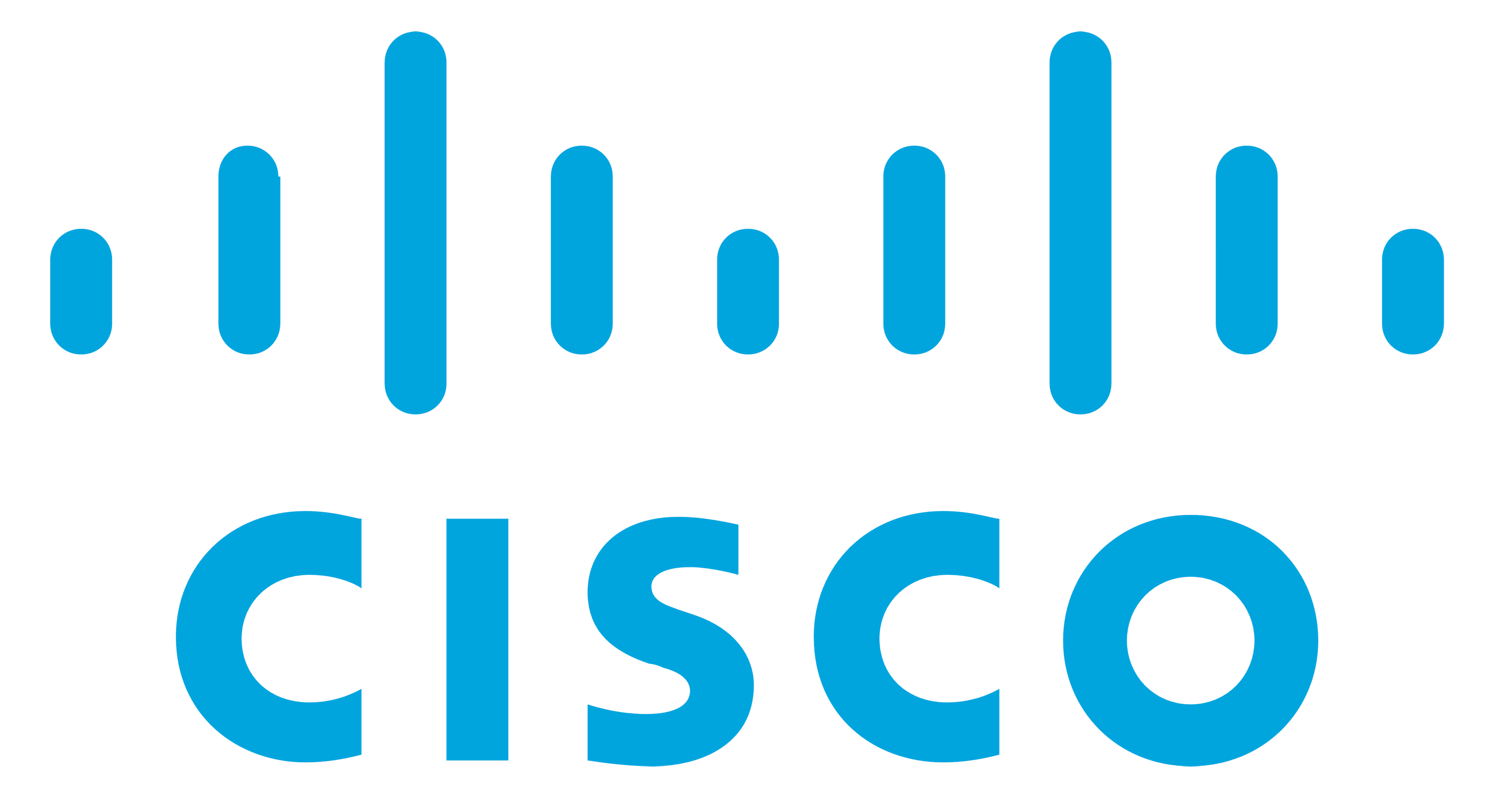JSON Schema for Policy Templates
The policy template JSON schema is designed to mimic the schema of exported application workspace versions. You can create a set of policies in a workspace, export it as JSON, modify the JSON, then import as a policy template.
|
Attribute |
Type |
Description |
|---|---|---|
|
name |
string |
(optional) Used as the name of the template during import. |
|
description |
string |
(optional) Template description that is displayed during the apply process. |
|
parameters |
parameters object |
Template parameters, see below. |
|
absolute_policies |
array of policy objects |
(optional) Array of absolute policies. |
|
default_policies |
array of policy objects |
(required) Array of default policies, can be empty. |
Parameters Object
The parameters object is optional but can be used to dynamically define filters as parameters to the template. The parameters are referenced using the consumer_filter_ref or provider_filter_ref policy attributes.
The keys of the parameters object are the reference names. The values are an object with a required "type": "Filter" and an optional description. An example Parameters object is shown below:
{
"parameters": {
"HTTP Consumer": {
"type": "Filter",
"description": "Consumer of the HTTP and HTTPS service"
},
"HTTP Provider": {
"type": "Filter",
"description": "Provider of the HTTP and HTTPS service"
}
}
}
The parameters can be referenced in the policy objects, for example: "consumer_filter_ref": "HTTP Consumer" or "provider_filter_ref": "HTTP Provider".
Special Parameter References
A few special references automatically map to a filter and do not need to be defined as parameters.
|
Ref |
Description |
|---|---|
|
_workspaceScope |
Resolves to the scope of the workspace to which the template is being applied. |
|
_rootScope |
Resolves to the root/top level scope. |
Policy Object
To maintain compatibility with the workspace export JSON, the policy object contains multiple keys for consumers and providers. They are resolved as follows:
if *_filter_ref is defined
use the filter resolved by that parameter
else if *_filter_id is defined
use the filter referenced by that id
else if *_filter_name is defined
use the filter that has that name
else
use the workspace scope.
If a filter cannot be resolved as defined above, an error is returned both at the time of application and at the time of upload.
|
Attribute |
Type |
Description |
|---|---|---|
|
action |
string |
(optional) Action of the policy, ALLOW, or DENY (default ALLOW). |
|
priority |
integer |
(optional) The priority of the policy (default 100). |
|
consumer_filter_ref |
string |
Reference to a parameter. |
|
consumer_filter_name |
string |
Reference to a filter by name. |
|
consumer_filter_id |
string |
ID of a defined Scope or Inventory Filter. |
|
provider_filter_ref |
string |
Reference to a parameter. |
|
provider_filter_name |
string |
Reference to a filter by name. |
|
provider_filter_id |
string |
ID of a defined Scope or Inventory Filter. |
|
l4_params |
array of l4params |
List of allowed ports and protocols. |
|
Attribute |
Type |
Description |
|
proto |
integer |
Protocol integer value (NULL means all protocols). |
|
port |
integer |
Inclusive range of ports, for example, [80, 80] or [5000, 6000] (NULL means all ports). |
L4param object
|
Attribute |
Type |
Description |
|---|---|---|
|
proto |
integer |
Protocol integer value (NULL means all protocols). |
|
port |
integer |
Inclusive range of ports, for example, [80, 80] or [5000, 6000] (NULL means all ports). |
